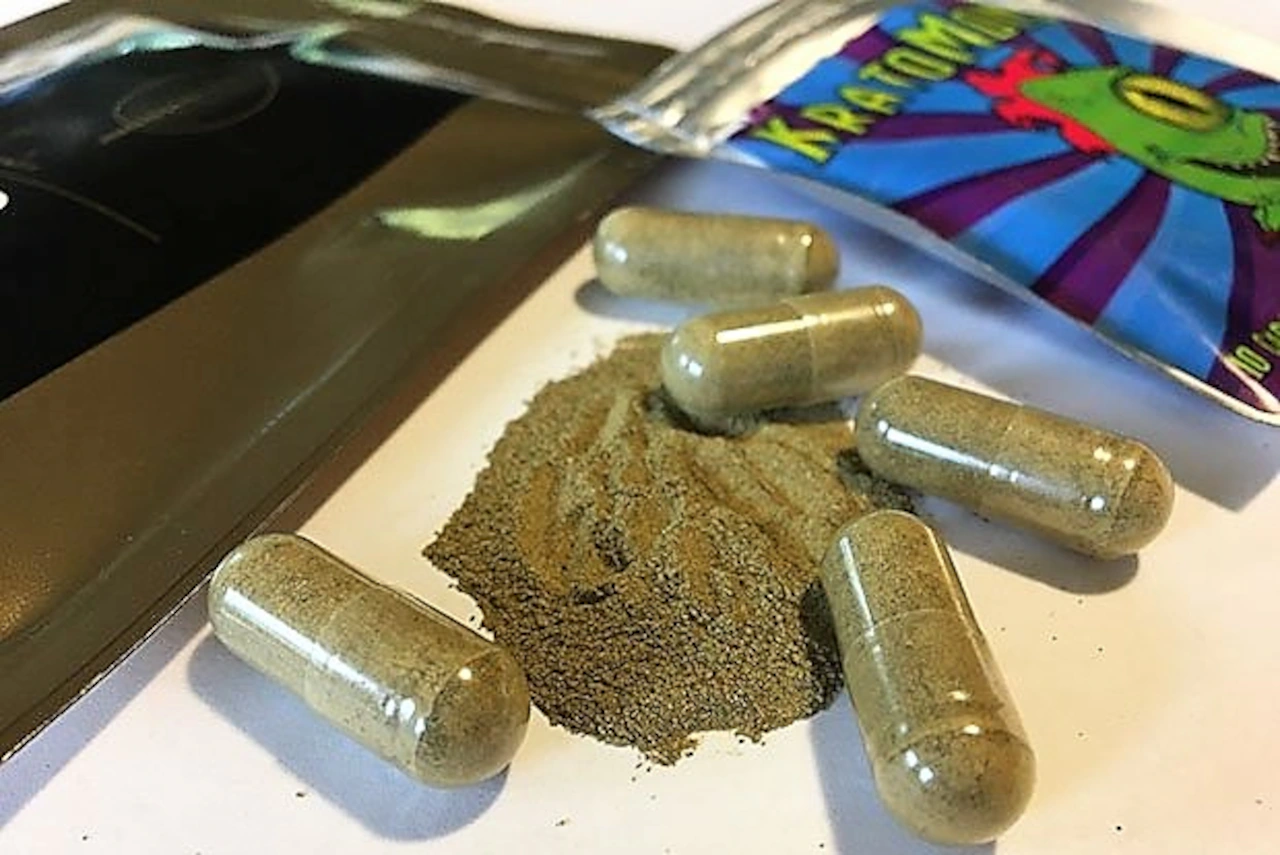
STATEN ISLAND, N.Y. — Concerns are growing on Staten Island and nationwide over kratom, a legal but potentially addictive herbal supplement often sold in delis and gas stations.
At a recent Staten Island Fentanyl and Overdose Task Force meeting, a doctor and a grieving mother highlighted the substance’s dangers, prompting calls for regulation.
Here are five key takeaways from the original article by the Advance/SILive.com:
1. Kratom is a widely accessible and legal supplement with opioid-like effects
Kratom, derived from a Southeast Asian tree, is legally sold in various forms — such as capsules, gummies, and elixirs — at accessible locations like delis, gas stations, and smoke shops. According to the U.S. Drug Enforcement Administration, it acts as a stimulant in small doses and a sedative in larger ones. Dr. Tucker Woods, an emergency medicine doctor at Northwell Staten Island University Hospital, explained that at high doses, kratom “acts just like an opioid” by affecting the body’s opioid receptors. He considers its sale in everyday stores akin to “opioids being sold in gas stations.” The DEA has noted a marked increase in its use across the United States in recent years.
2. The substance carries significant health risks and addictive potential
Medical experts and federal agencies have issued warnings about kratom’s dangers. The U.S. Food and Drug Administration advises consumers against its use due to risks of “liver toxicity, seizures, and substance use disorder.” Woods described it as a “huge problem” in terms of addiction, citing a patient who escalated from seven to 80 capsules daily within weeks. Jayne Graham, who said her 34-year-old son died from a kratom overdose in 2023, is now advocating for awareness about its lethal potential. While the FDA notes that deaths are rare and often involve other drugs, the personal accounts highlight a serious and sometimes fatal risk.
3. A lack of regulation creates a ‘buyer beware’ market
Kratom is not subject to the same rigorous testing as legal drugs, meaning its purity and potency are unknown to consumers. Woods warned that what is sold in shops may contain undisclosed ingredients or varying levels of psychoactive compounds. The most addictive component, 7-Hydroxymitragynine (7-OH), can be extracted by some manufacturers to create “even more potent” and potentially deadly products, Woods warned. This lack of oversight leaves consumers vulnerable, as they have no way of knowing the true strength or composition of the kratom they purchase. Furthermore, standard drug tests do not typically detect its presence, complicating monitoring and treatment for addiction.
4. A mother’s tragedy highlights the human cost
The human impact of kratom was brought into sharp focus by Graham, who shared the story of her son’s death with the Staten Island Fentanyl and Overdose Task Force. She said she found her son, Francis, deceased in his bedroom after an overdose on kratom. Graham described herself as “a mother with a vengeance,” channeling her grief into a mission to warn others about the supplement’s dangers. Her personal testimony serves as a stark counterpoint to the marketing of kratom as an energy booster or pain reliever, underscoring the real-world consequences of its unregulated availability.
5. Officials face a legal dead end in prosecuting kratom offenses
Despite the growing concerns, law enforcement officials on the borough are unable to take legal action against the sale or possession of kratom. District Attorney Michael E. McMahon stated he cannot prosecute for kratom because it is not listed on the schedule of controlled substances for either New York State or the federal government. While McMahon expressed his willingness to advocate for adding kratom to the schedule, he emphasized that such a change must be enacted by the state legislature. This legal gray area means that, for now, the substance remains legal and unregulated, despite calls from medical professionals and grieving family members for stricter control.
A draft of this story was generated using AI. It was reviewed, edited and approved by Advance/SILive.com staff.



